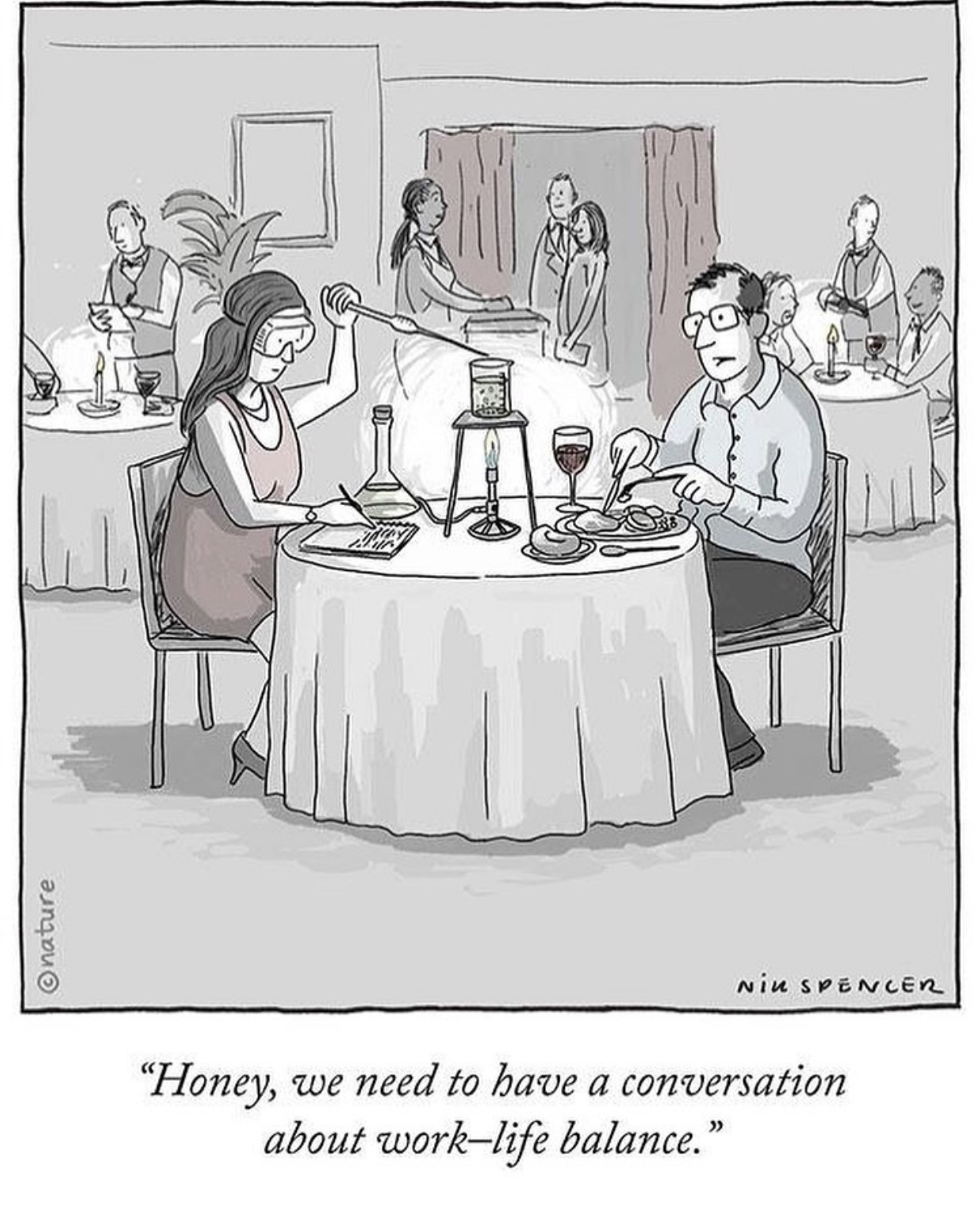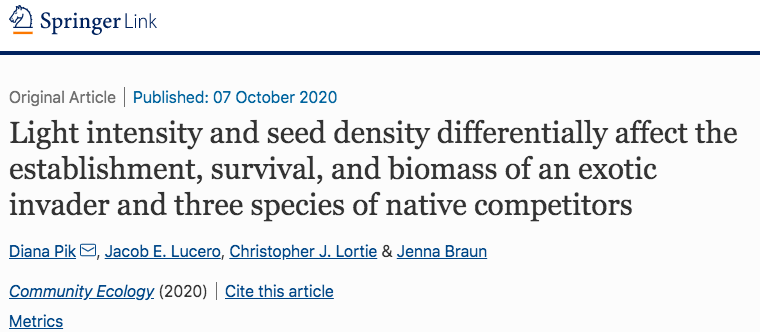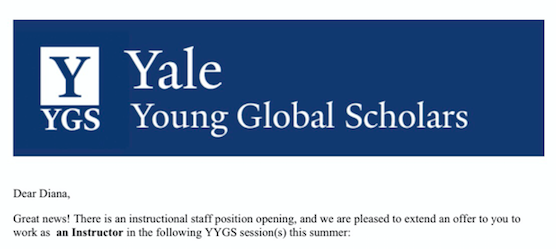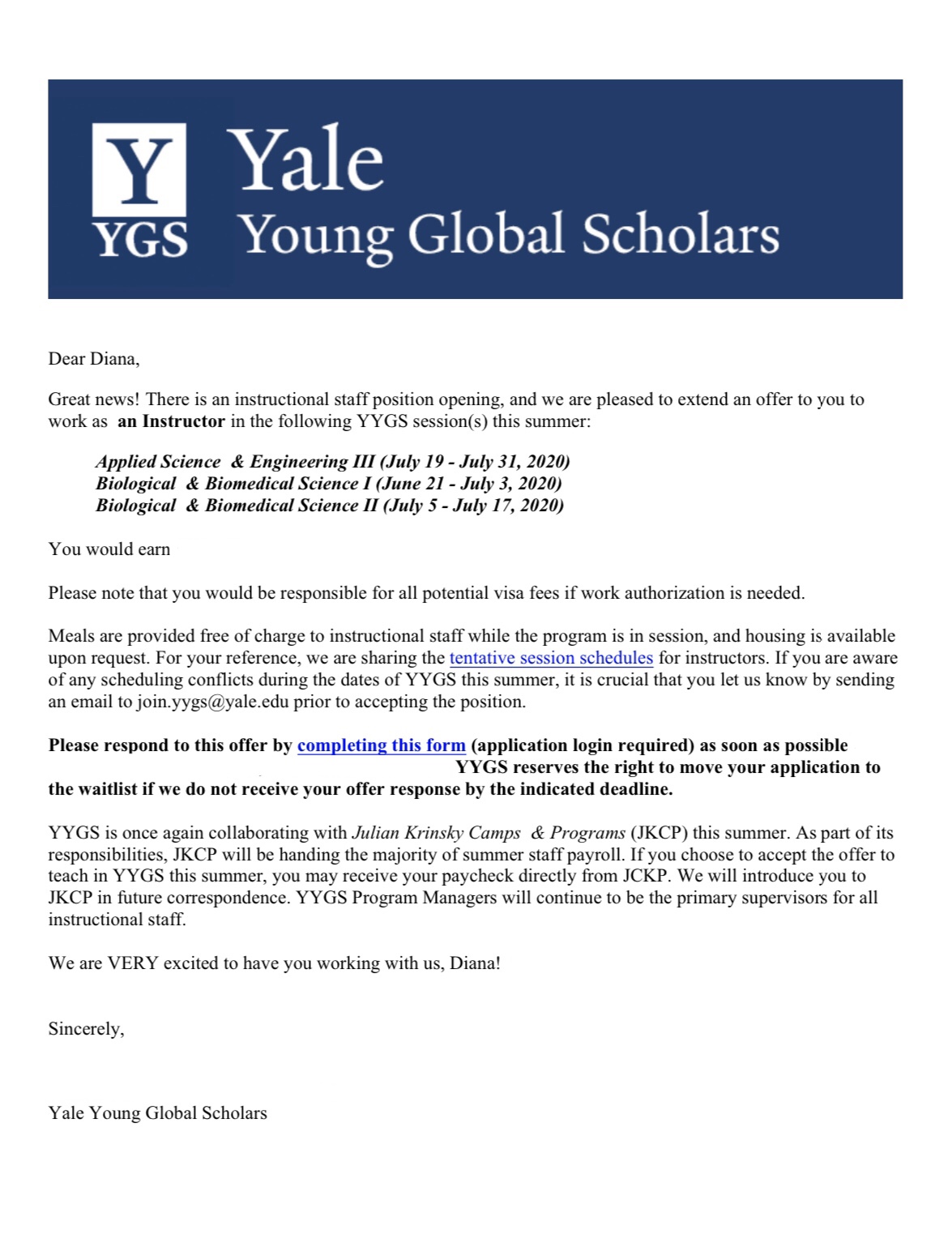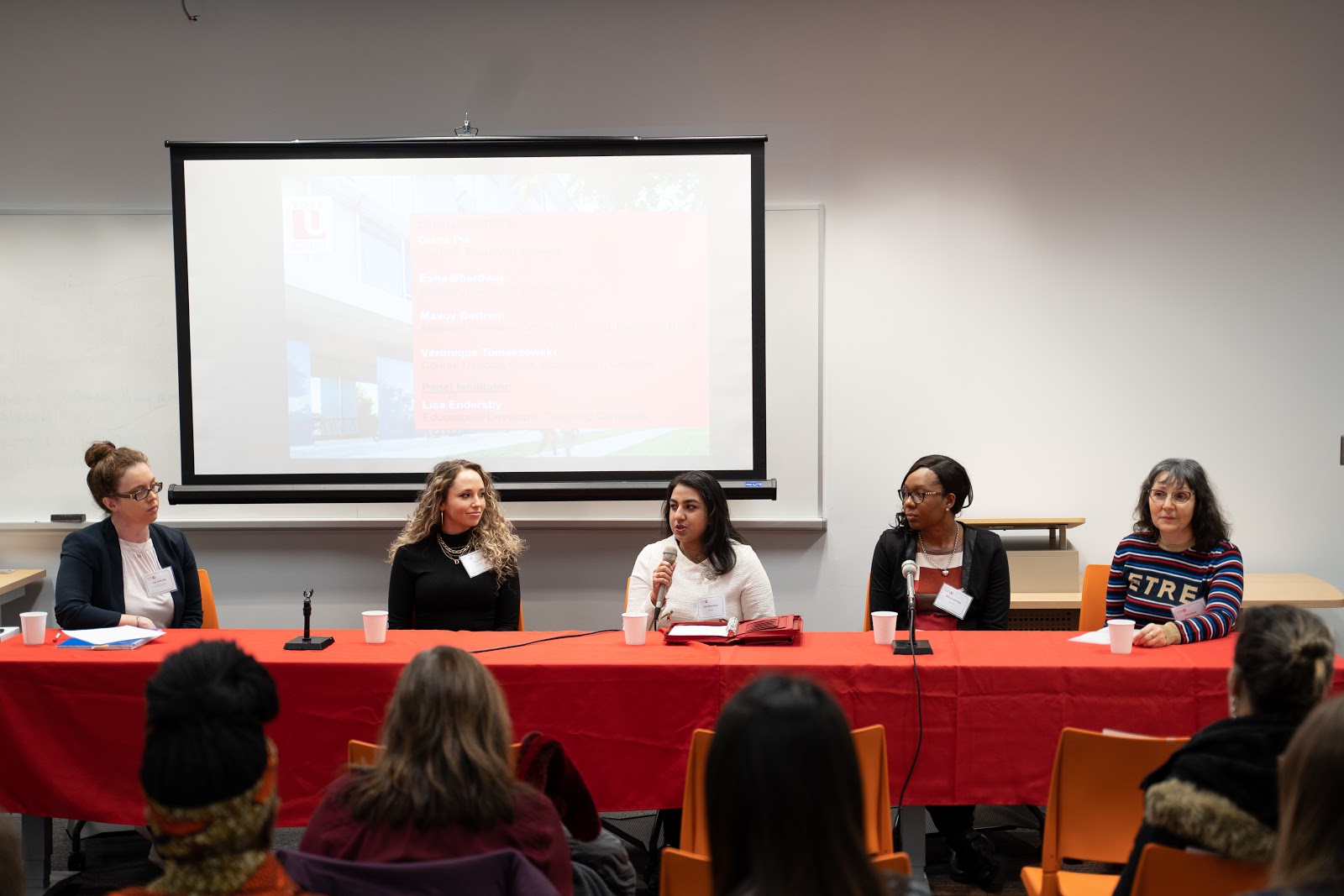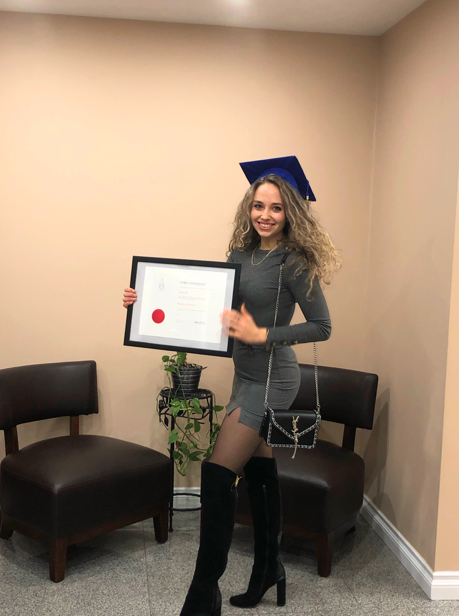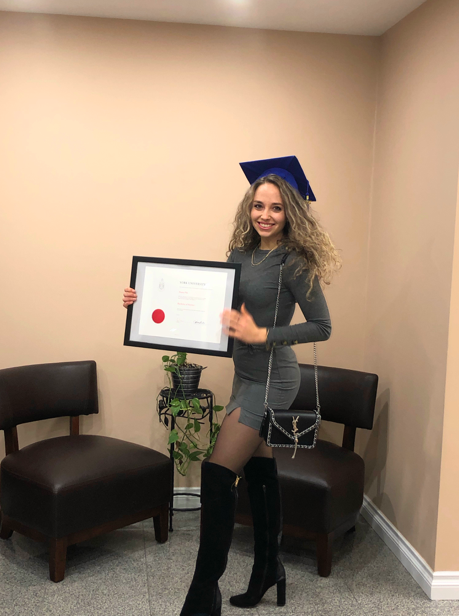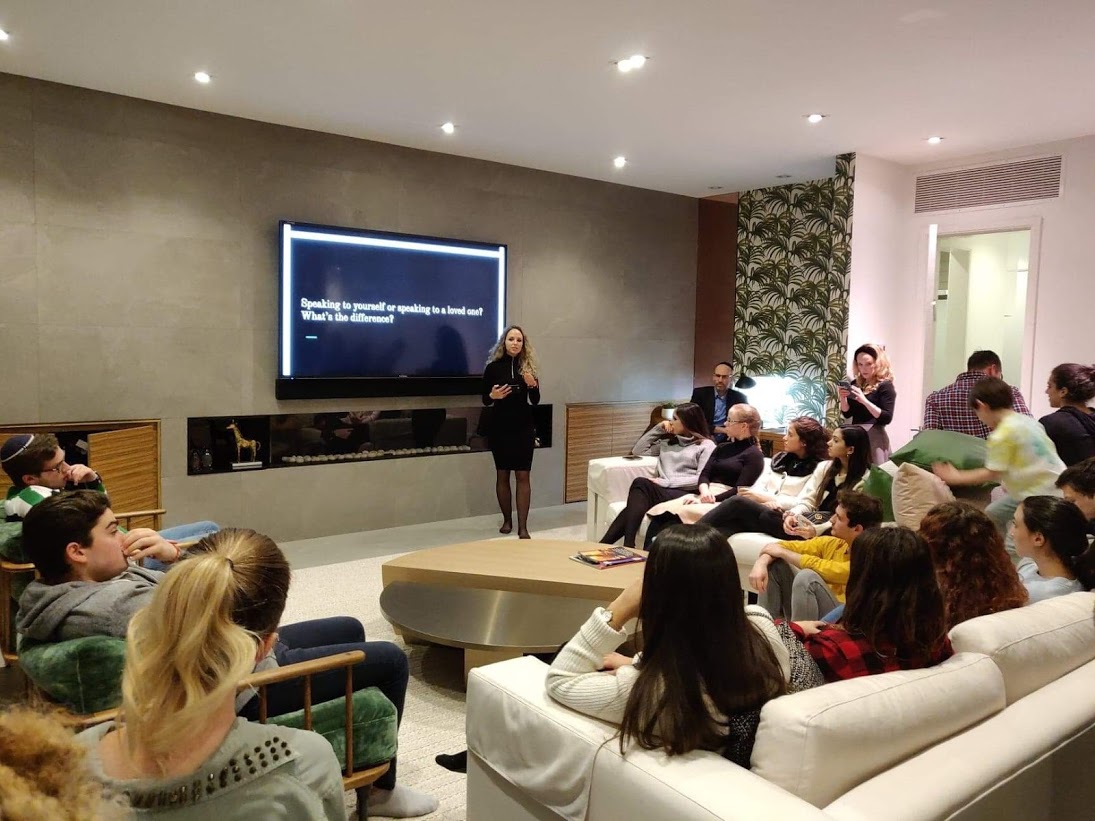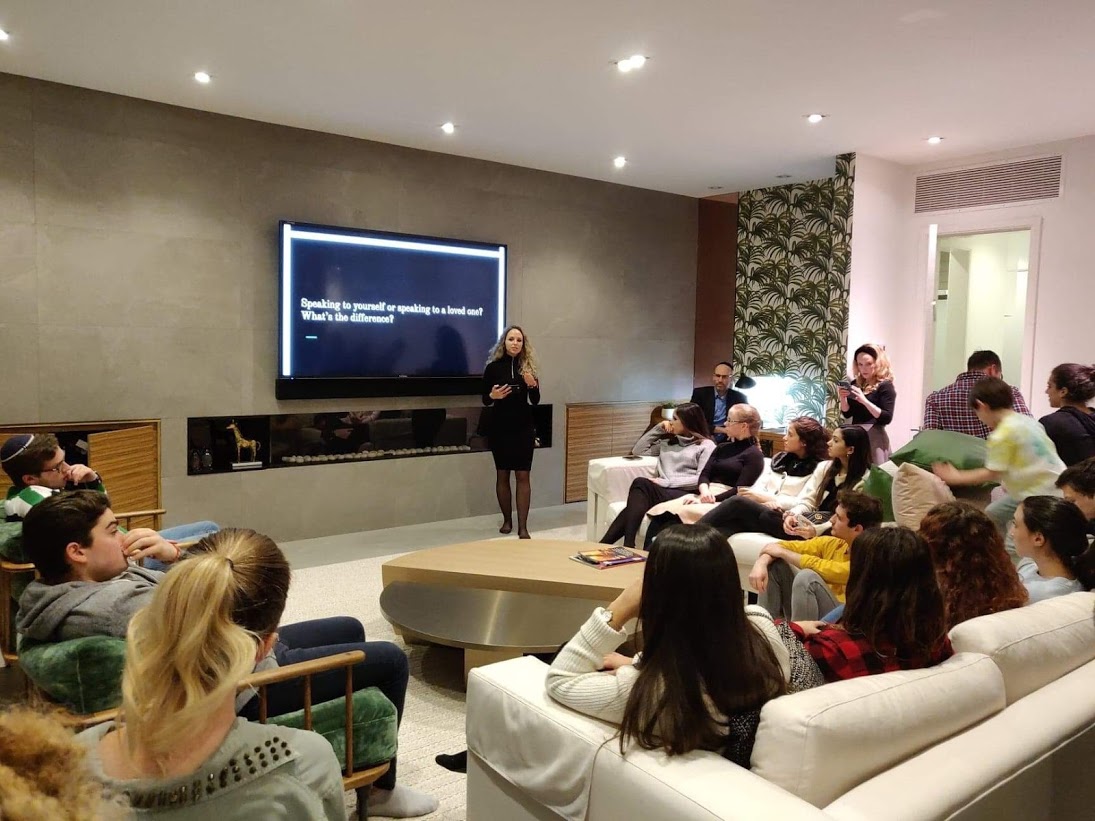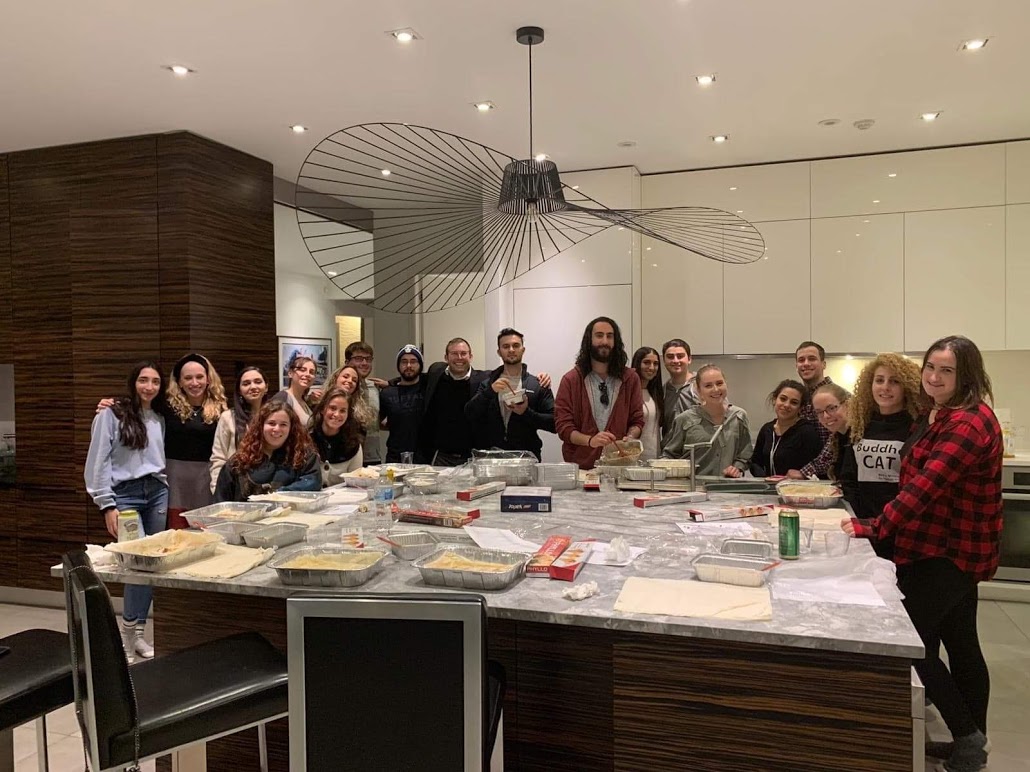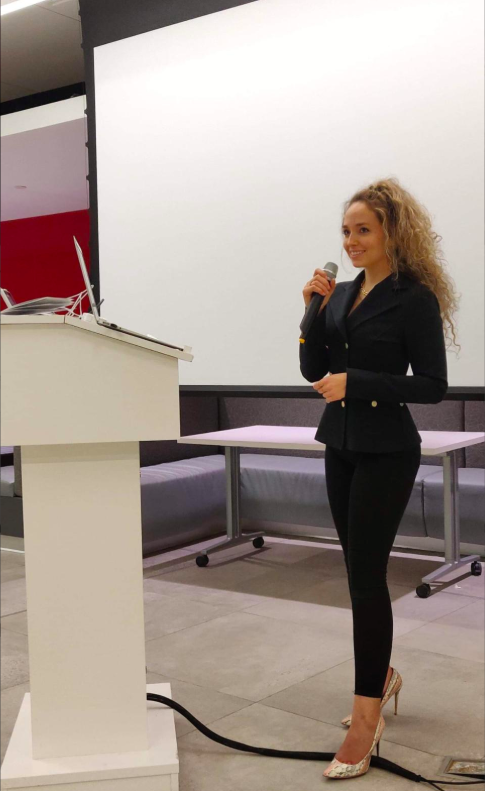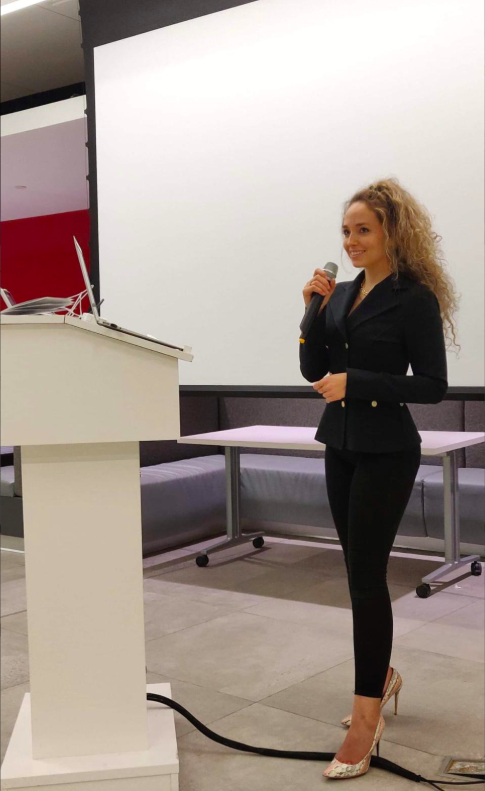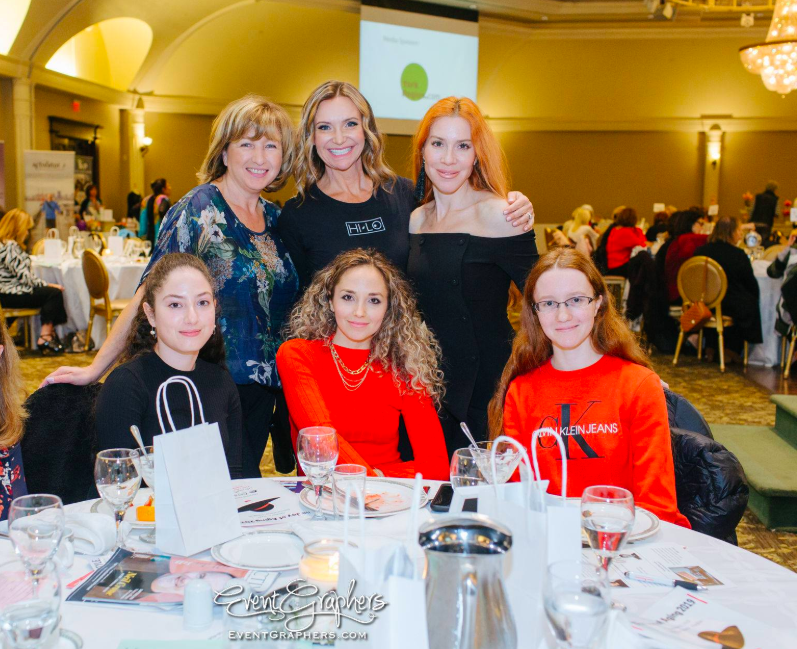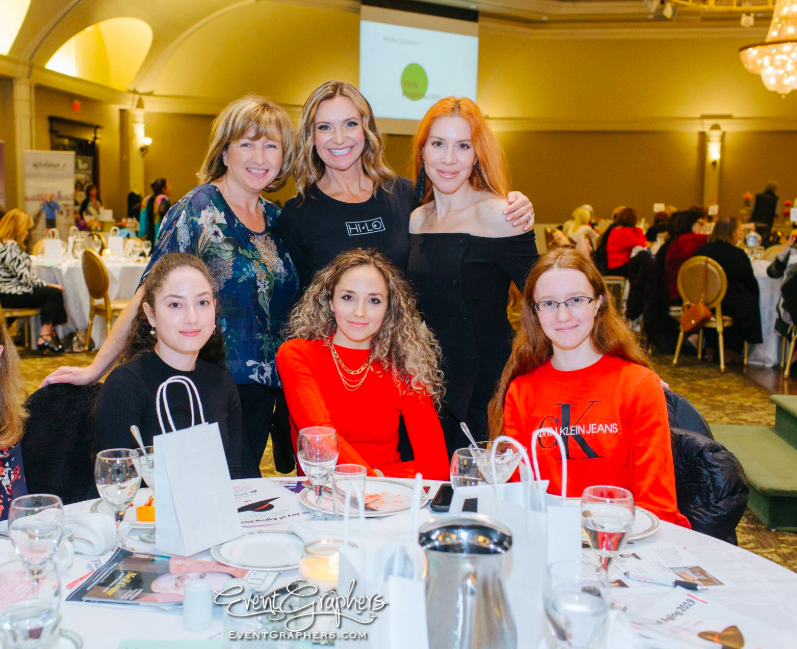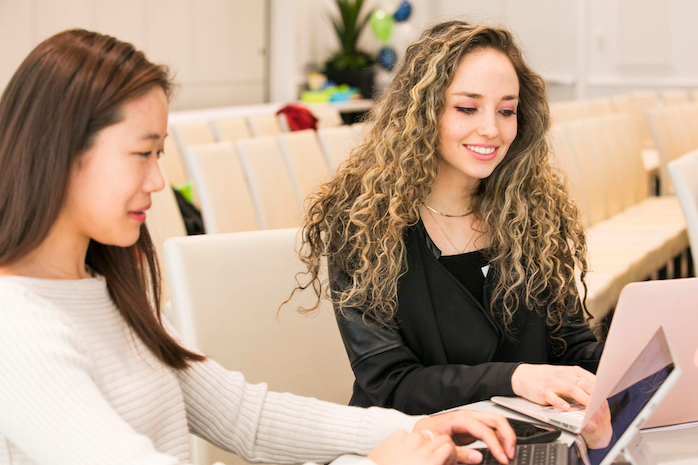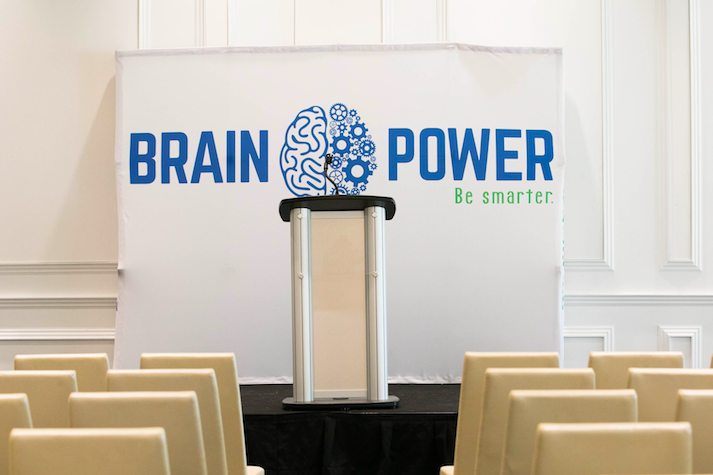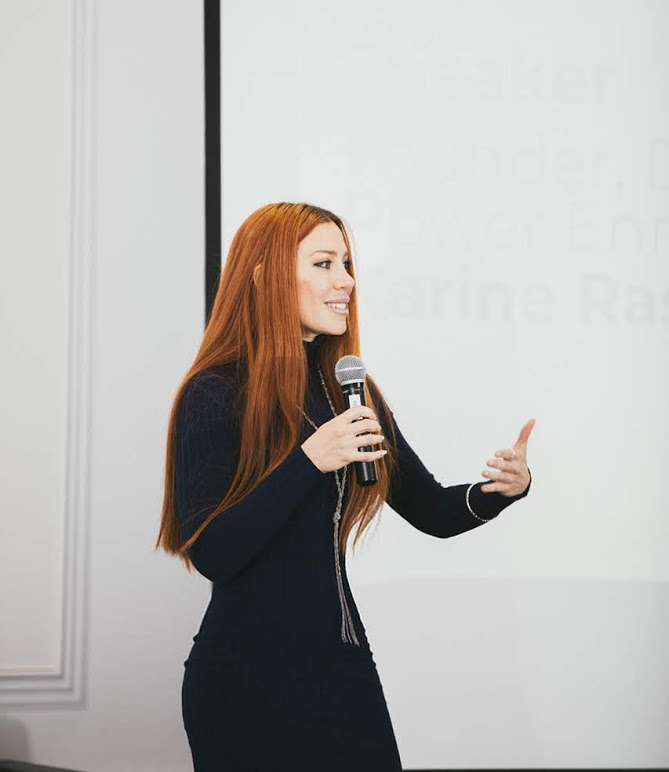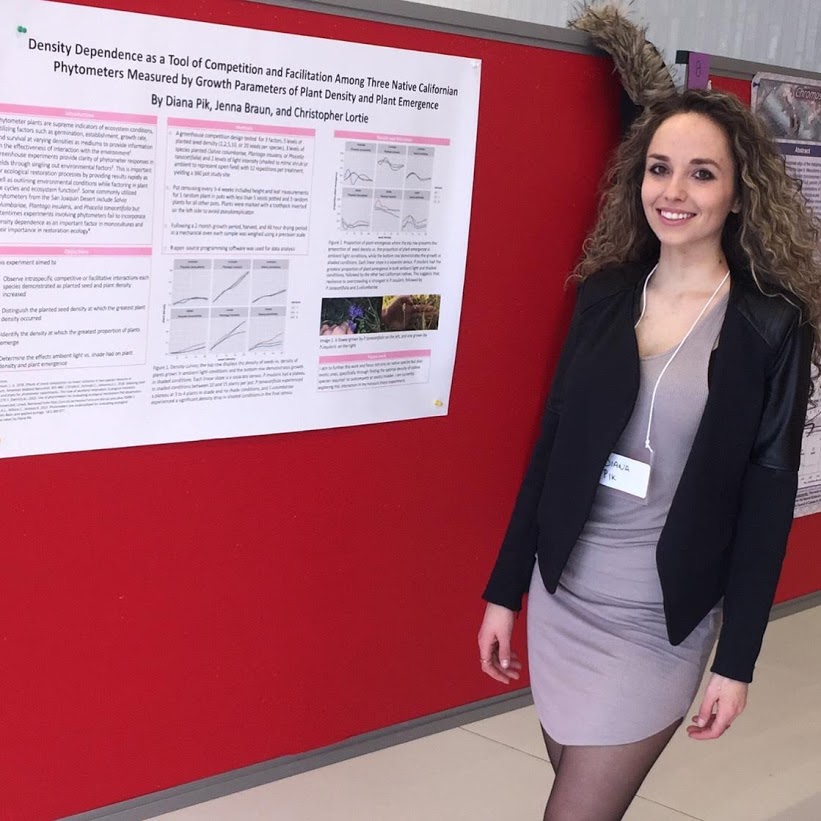I am thrilled to say that after two years of work, my paper has been successfully published and I am first-author of a peer-reviewed academic paper, accepted for publication with minimal revision!
Over these past two years, I learned the ins and outs of proper experimental procedures, statistical analysis, and manuscript development, and now I can share tips from my own experience on how to publish in S.T.E.M.
From conducting an expansive literature review, designing and executing a full-factorial greenhouse trial, utilizing laboratory procedures to examine the growth and productivity metrics of my study species, learning how to use SPSS and R software to analyze my statistics, and ultimately publishing my manuscript, each step had its own challenges and rewards. Here, I break down the steps I took to help you organize your own research and guide you towards publishing your own academic paper.
Step 1: Choose Your Team
Publishing was one of the most challenging tasks I have undertaken to this date, but it would not have been possible if not for the strong team of scientists I had working on this with me. The unwavering support and assistance of my co-authors is what brought this paper together. For your first publication, I strongly suggest joining a lab from your university or collaborating with other individuals that have experience in the field you wish to publish in.
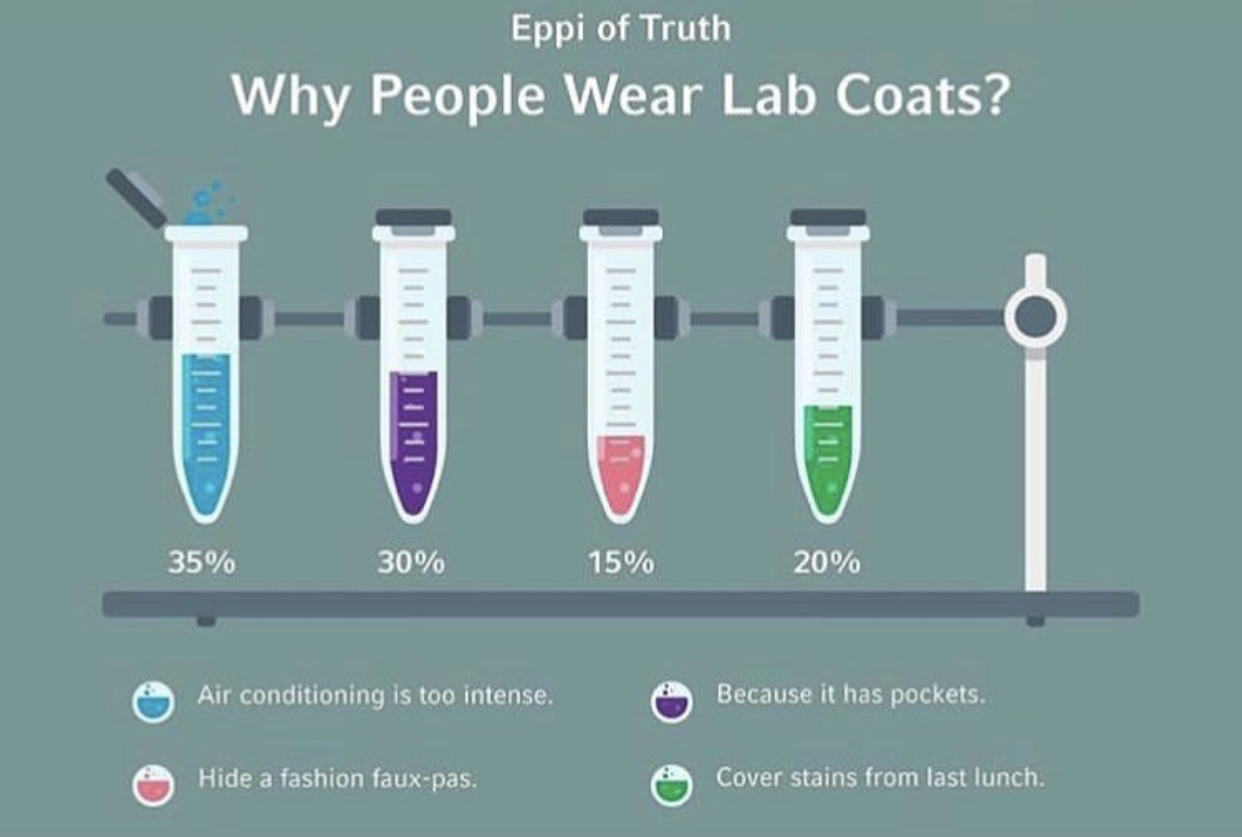
Step 2: Researching Your Topic
Prior to planning an experimental design, it is crucial to read the work of others on your chosen topic. Getting as much background information as possible will assist you with planning your study, getting an understanding of which metrics you should record, and learning about what previous studies have found. This assists with building the blueprints for your design.
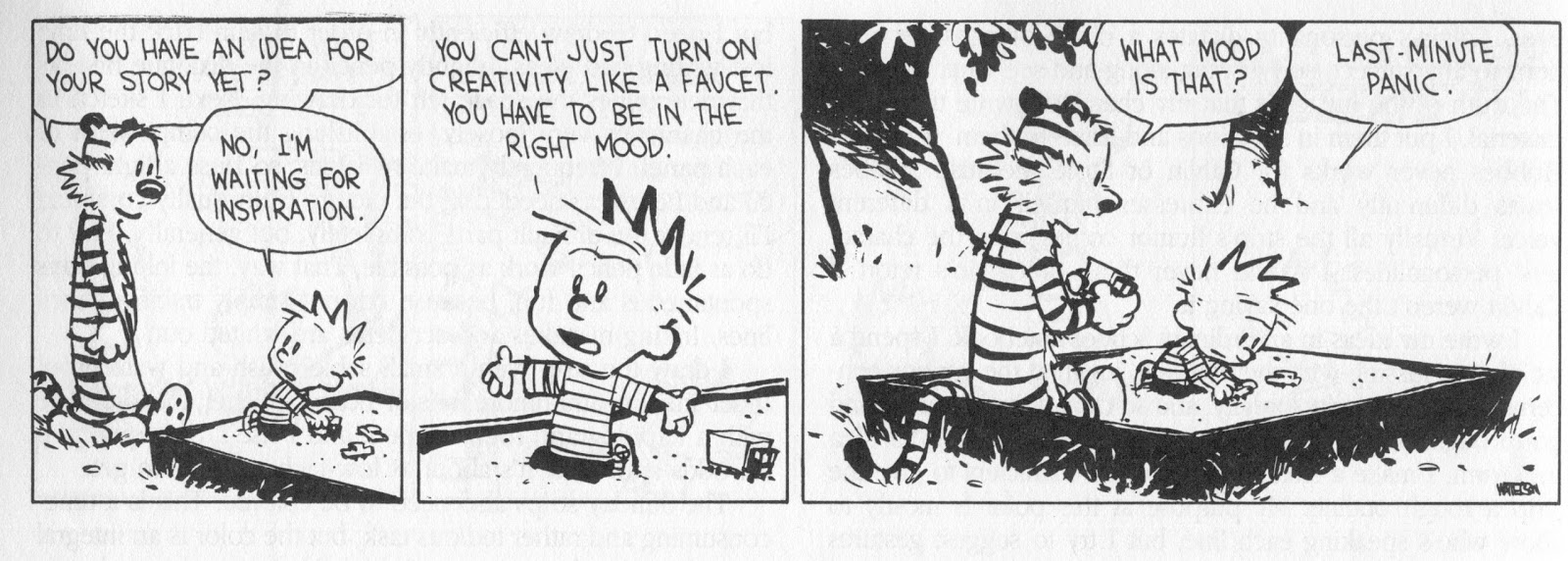
Step 3: Plan and Execute Your Experimental Design
At this point, you need to have set a specific research question, created a design, and allotted specific deadlines and time budgets. In this article, I go in-depth on all of these points. This is where you need to collect as much data as possible. Remember, it is likely you will not use all of the data, but the more you collect the more options you have to work with when analyzing your statistics. When conducting your statistical analyses, ensure that you are comfortable with whichever software you will be using to analyze your work. Sites such as Youtube and Linda.com offer a vast array of tutorials to help familiarize you with these software packages.
Step 4: Manuscript Preparation
When it comes to manuscripts, each journal has a specific style and guidelines you must adhere to. Research “instructions for authors” for multiple peer-reviewed journals and see what their criteria include. When choosing a journal, it is important to consider the impact factor, which is the number of times that a paper from the journal gets cited on average. Certain journals have incredibly high impact factors, but this in turn means that they have a lower acceptance rate which is another critical point to consider. After selecting a journal, follow their guidelines. They will have specific requirements that are important to adhere to in order to increase the likelihood of having your paper accepted for review. It is at this stage that you should choose the order of authorship on the paper, and who should be the first author of the paper. This order is typically established by order of contribution to the paper.
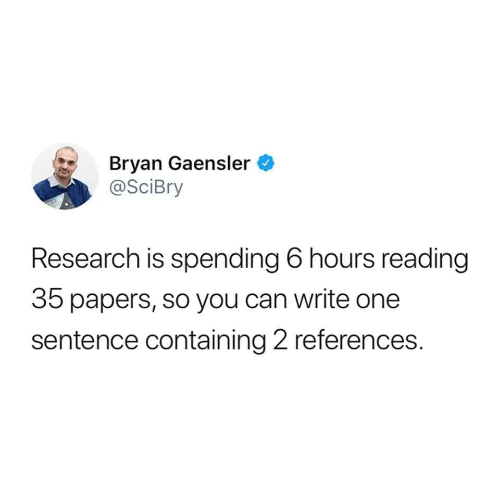
Step 5: The Editing Stage
This will probably be one of your longest and most challenging stages. My lab and I spent many months going back and forth on researching, writing, editing and then editing some more. There will be days when you spend hours researching just to write one sentence. There will be days when pages worth of work will be crossed out and you will have to start again (and again and again). Graphs and figures will have to be tweaked and possibly reworked. During the editing stage, the most important thing is to maintain perseverance and to take it a day at a time.
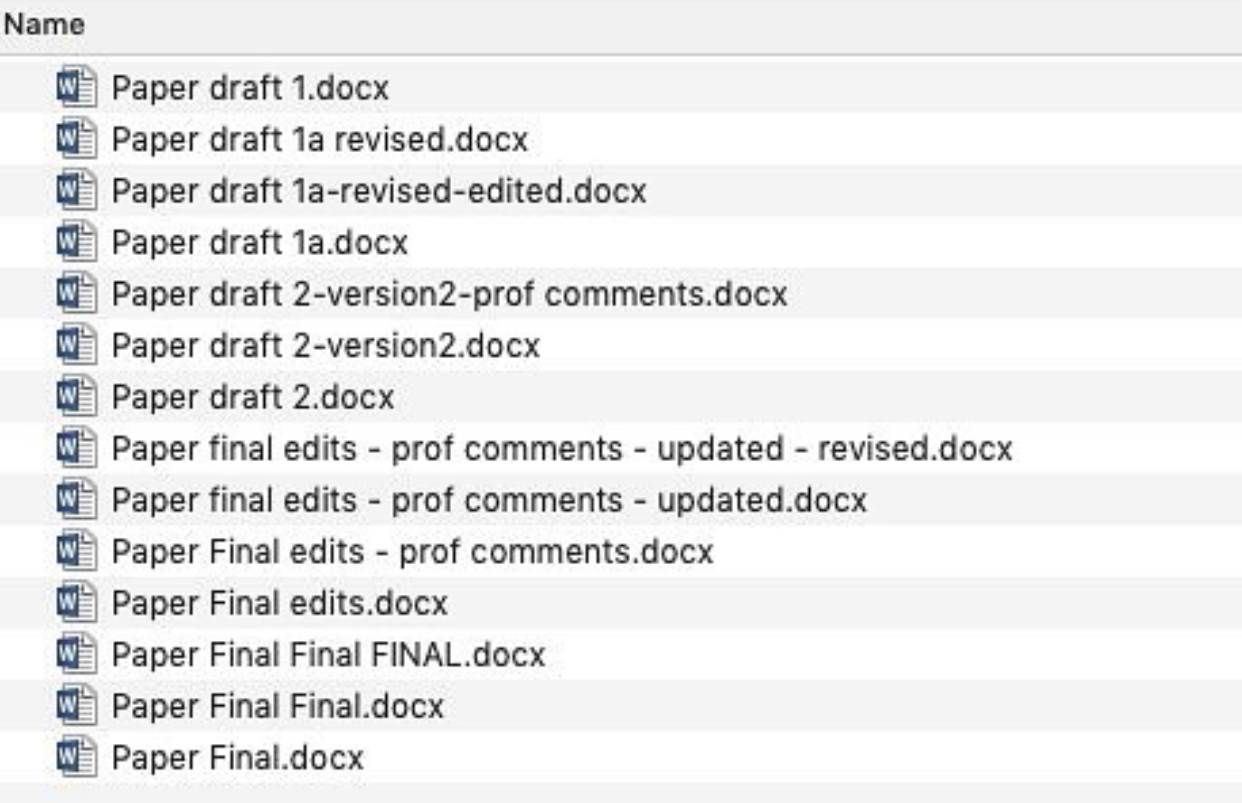
Step 6: The Submission Process
When your manuscript has been edited to the satisfaction of everyone on your team and is ready for submission to your journal of choice, there are several critical documents you must submit; your manuscript, a cover letter to the editorial committee, your figures, and possibly your code if you used a software such as R. You will need to make an account with the journal and submit everything they require within their formatting guidelines. Make sure to research how to write a cover letter for a manuscript, as it is entirely different from one you would submit for a job posting. As well, it is a good idea to set up an ORCid, a unique code to identify scientific and other academic authors to keep all of your contributions organized, and link it to your paper.
Step 7: The Peer Review Stage and the Revision process
After submitting your manuscript, if the editorial board chooses to accept your paper, it will be sent to a committee of peer-reviewers. This may take between several weeks to several months. The peer-reviewers will provide feedback on your paper, which is essentially another round of edits. From the number of changes they request, you may either have minimal revision or possibly have to redo certain sections. This is one of the final hurdles, put in your best work and polish it according to the guidelines from the peer reviewers.
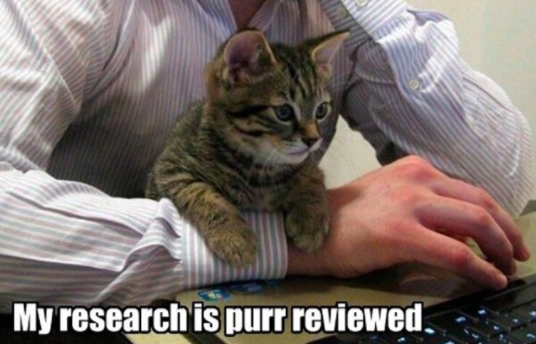
Step 8: Accepted for Publication – Choosing Between Open Source vs. Copyright Transfer
Once accepted for publication, you will have 2 options: leave your paper as open-source or transfer the copyright over to the journal. Open source publications are openly available to viewers but can cost the publishing authors upwards of several thousand dollars. Copyright transfers typically have no cost involved with the publication, but viewers must read the paper either through an institutional proxy or by subscribing to the journal. Both options are valid, so choose whichever is most practical for you and your team.
Step 9: Final Revisions from the Journal
As you come close to publication, the journal will send you a proof with a list of final revisions. These are typically the last changes you can make to your paper, so ensure that everything is as you want it to be.
Step 10: Publication
This is the finish line, and once you have passed it, you are done! It takes time and effort, but once you are published, you are officially an author! Make sure to keep a balance during this process, talk to your family and friends, spend time on your hobbies, and ensure that you have downtime. Ultimately, it will all come together.
